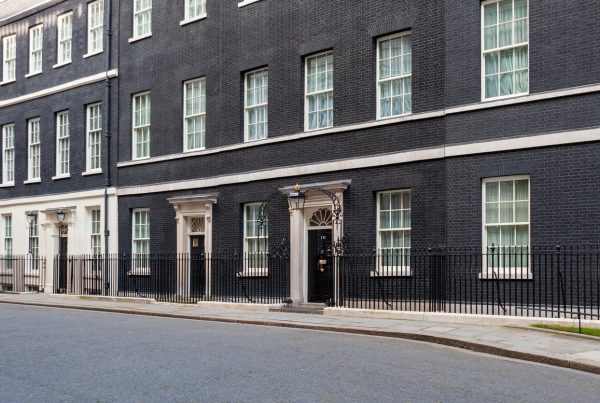“Yesterday’s Autumn Statement has set out the stark economic challenges facing the nation. Future public spending restrictions alongside tax increases will negatively impact many aspects of everyday life, including the current and future provision of sport, recreation and physical activity across the nation.
As leading voices from across the sport, recreation and physical activity sector, we are united in calling for clarity from the Government on the detail of its plans and the strength of its commitment to supporting sport, recreation and physical activity through this challenging period. This must include an honest appraisal of how essential community access and participation is to be maintained in the context of the squeeze on spending and a growing number of facility closures.
Given the extent of community sports facilities on school sites and the education investment into school sport, we welcome the announcement of an extra £2.3bn per year for education for each of the next two years and hope that this translates into additional funding to alleviate some of the extreme pressures facing the education system.
We are also encouraged by the proposals aimed at reducing the tax burden and operating costs – notably the extension of business rates relief and investment in energy efficiency – as well as further detail on the review of the Energy Bill Relief Scheme (EBRS). However, while not pre-judging the outcome of the EBRS review, we do not believe the measures announced yesterday will be sufficient or come on stream fast enough to tackle the challenges the sector faces.
Participation levels have not recovered from the ongoing impact of COVID-19, with the real risk of sustained falls in activity and widening inequalities. The programmes and infrastructure that underpin our sector were already under threat from steeply rising energy and operational costs before yesterday’s Autumn Statement.
We are now seeing these threats become a depressing reality. Budgets for community sport, recreation and physical activity programmes are ending, directly affecting people of all ages and backgrounds. Grassroots clubs, community organisations and schools are having to absorb rising costs by reducing provision and raising fees. And facilities are being rationalised and closed across the country, impacting on jobs and livelihoods, and removing essential pillars which support the physical, mental and social wellbeing of communities.
The cumulative impact of these losses will be profound, placing even greater pressure on the NHS and social care, on children’s education, development and wellbeing, on community cohesion and, ultimately, holding back economic growth through a less active and less productive workforce.
Following the COVID-19 pandemic, this is another existential moment for the sport, recreation and physical activity sector in the UK. We urge the Government to work with industry leaders in the immediate short term to find sustainable solutions to avoid a further, significant deterioration in the physical, mental and social wellbeing of the nation.”
*This release is issued on behalf of a coalition of lead representative bodies from across the sport, recreation and physical activity sectors:
· Active Partnerships
· Chartered Institute for the Management of Sport and Physical Activity (CIMSPA)
· Sport for Development Coalition
· Sport and Recreation Alliance
· ukactive
· Youth Sport Trust
Through our collaborative work as sector partners, we aim to engage decision makers to improve the operating landscape for the sector and embed sport, recreation and physical activity as a key contributor to wider public policy objectives.
As part of wider work through the National Sector Partners Group (NSPG), we recently published Unlocking the Potential which sets out how sport, recreation and physical activity can be integral to successfully delivering a number of key Government priorities including Levelling Up, driving economic growth, achieving Net Zero and supporting the NHS. The report also proposes a range of systemic interventions including access to investment, tax and regulatory changes and wider policy reform which the coalition believes are key to maximising this role.

More People More Active More Often




